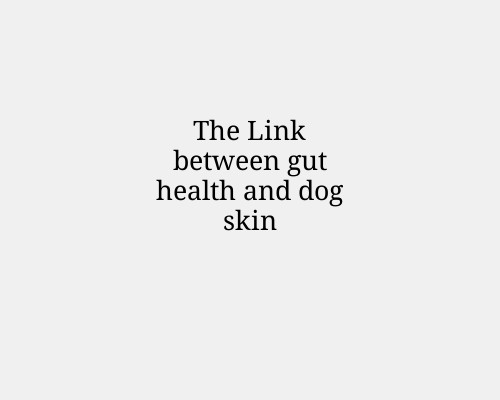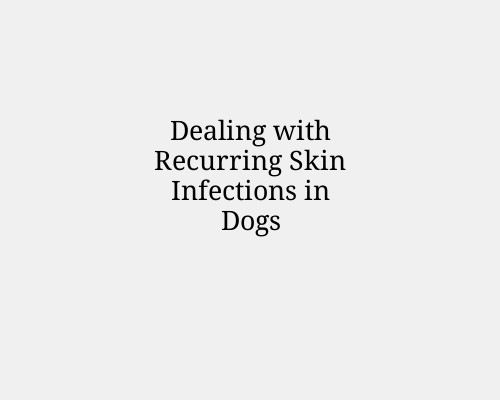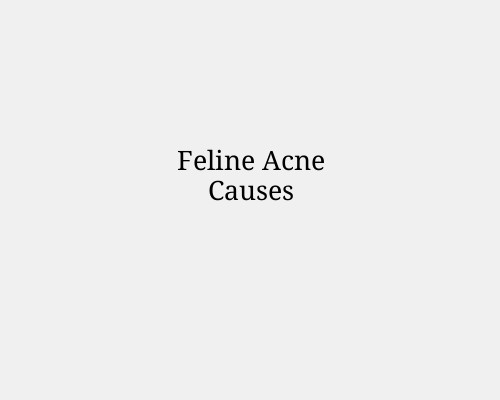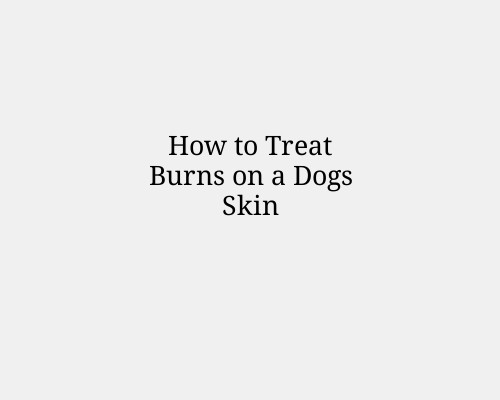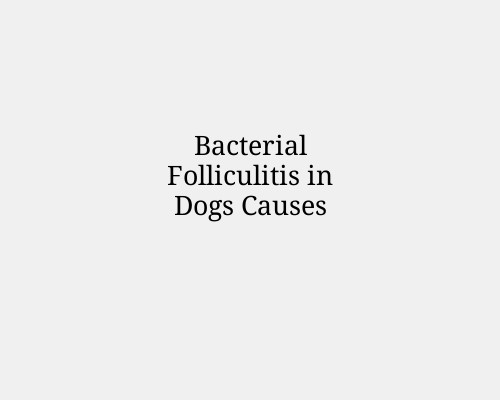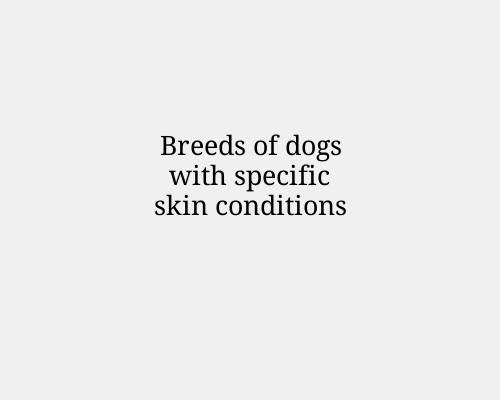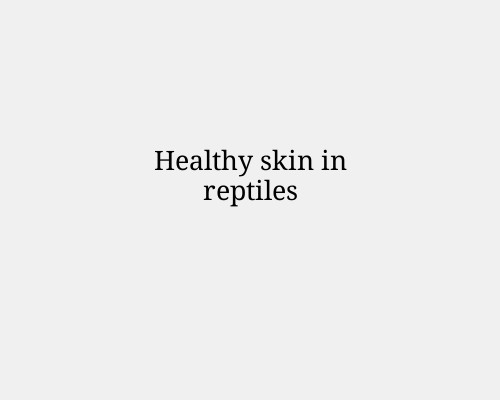The link between gut health and dog skin
Gut health plays a crucial role in a dog's overall well-being, influencing everything from digestion to immune function. One of the most overlooked aspects of gut health is its direct impact on a dog's skin and coat. A balanced gut microbiome supports a healthy immune system, reduces inflammation, and helps maintain a strong skin barrier. In contrast, an imbalanced gut can lead to skin conditions such as itching, rashes, excessive shedding, and infections.
How Gut Health Affects Skin Health in Dogs
The Gut-Skin Axis
The gut and skin are closely connected through what is known as the gut-skin axis. The gut contains trillions of beneficial bacteria that help regulate inflammation and immune responses. When the balance of good and bad bacteria is disrupted (a condition called dysbiosis), it can trigger systemic inflammation, leading to skin issues like allergies, hot spots, and dermatitis.
Inflammation and Skin Allergies
An unhealthy gut can increase inflammation in the body, leading to allergic reactions and skin problems. Dogs with food sensitivities or leaky gut syndrome (where the intestinal lining becomes permeable, allowing toxins to enter the bloodstream) often develop chronic skin conditions. These include:
Itchy skin and excessive scratching
Red, inflamed patches
Ear infections
Paw licking and chewing
Nutrient Absorption and Skin Health
A well-functioning gut ensures that essential nutrients are properly absorbed. Deficiencies in key nutrients such as:
Omega-3 fatty acids (for reducing inflammation)
Vitamin E (for skin repair)
Zinc (for wound healing)
Probiotics and prebiotics (for microbiome balance)
can lead to dry skin, dull coat, and excessive shedding. Dogs with poor gut health often show signs of flaky skin, brittle fur, and slow wound healing due to malabsorption of these nutrients.
The Role of the Microbiome
The gut microbiome consists of beneficial bacteria that support digestion, immune function, and skin health. A diverse microbiome helps control harmful pathogens that can contribute to skin infections. Dogs with an imbalance in gut bacteria may experience recurrent yeast infections, dandruff, and skin odours due to an overgrowth of harmful microbes.
Signs Your Dog’s Skin Problems Are Related to Gut Health
If your dog suffers from chronic skin issues, consider evaluating their gut health. Common signs of gut-related skin problems include:
Frequent itching or scratching
Chronic ear infections
Hair loss or excessive shedding
Foul-smelling skin or persistent yeast infections
Gastrointestinal issues like diarrhoea, bloating, or gas
How to Improve Gut Health for Better Skin
Add Probiotics and Prebiotics
Probiotics introduce beneficial bacteria into the gut, while prebiotics feed these bacteria. Adding high-quality probiotic supplements or probiotic-rich foods like plain yogurt, kefir, or fermented vegetables can support a balanced microbiome.
Feed a High-Quality Diet
A dog's diet should be rich in whole, unprocessed foods that provide essential nutrients. Look for:
High-protein sources (chicken, beef, fish, or turkey)
Omega-3-rich foods (salmon oil, flaxseeds)
Fruits and vegetables (carrots, blueberries, pumpkin)
Avoid artificial preservatives, fillers, and grains that can cause inflammation and worsen skin conditions.
Support Digestive Enzymes
Digestive enzymes help break down food for better absorption. Adding a digestive enzyme supplement can aid dogs with food intolerances or sensitive stomachs, preventing nutrient deficiencies that contribute to skin issues.
Reduce Inflammatory Triggers
Certain foods and environmental factors can trigger inflammation in dogs. If your dog has allergies, consider an elimination diet to identify food sensitivities.
Common culprits include:
Grains (wheat, corn, soy)
Dairy products
Artificial additives
Maintain Proper Hydration
Water is essential for skin hydration and gut health. Ensure your dog has access to fresh, clean water at all times to support digestion and prevent dry, flaky skin.
Avoid Overuse of Antibiotics
While antibiotics can be necessary for infections, frequent use can disrupt the gut microbiome, leading to yeast overgrowth and recurring skin infections. If your dog requires antibiotics, consider probiotic supplementation to restore gut balance.
Final Thoughts
A healthy gut is essential for clear, itch-free skin and a shiny coat. If your dog suffers from persistent skin problems, addressing gut health through diet, probiotics, and anti-inflammatory strategies may provide lasting relief. By focusing on the gut-skin connection, you can help your dog achieve optimal health from the inside out.

